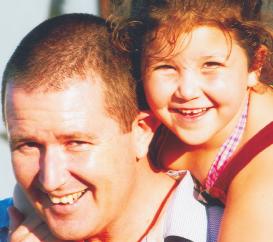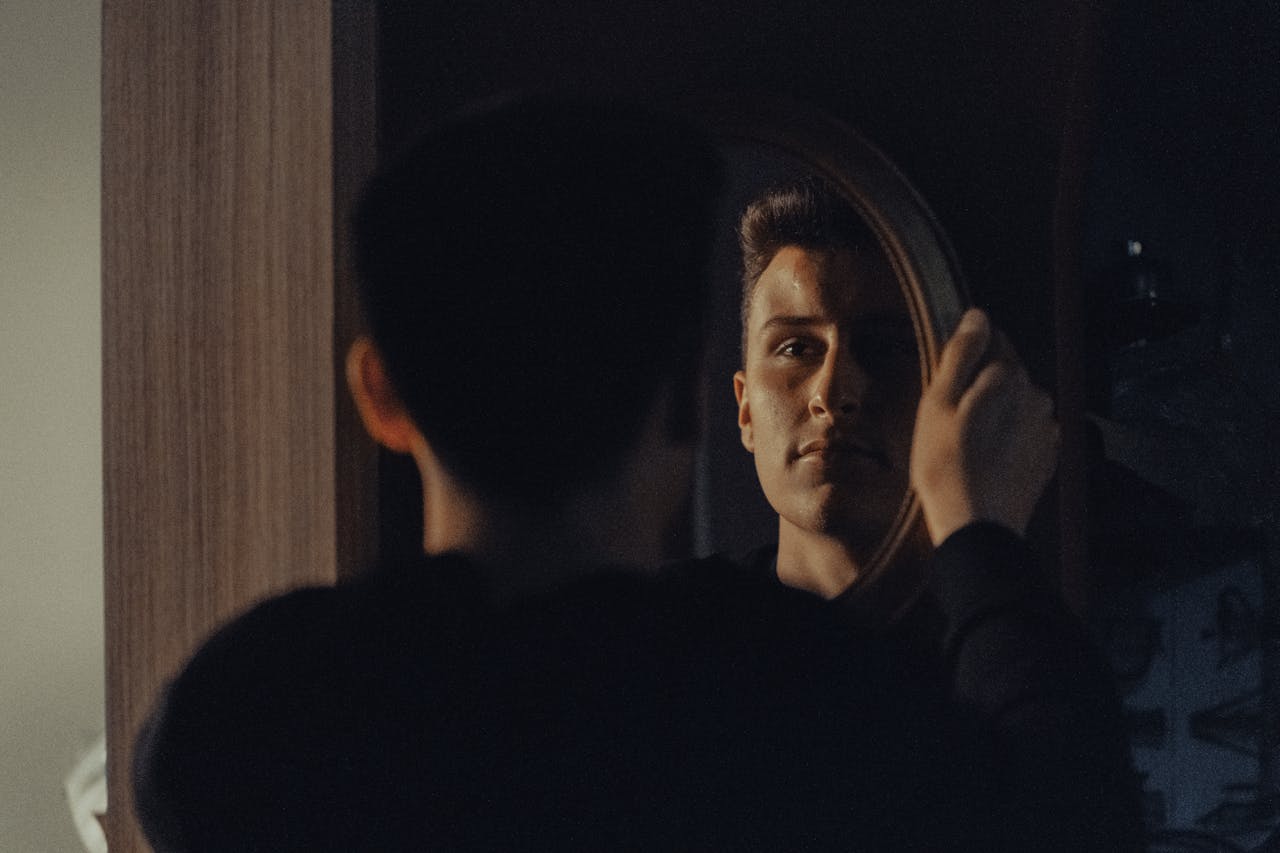By Ross Ian Fleming
1994
It’s 11.30 a.m.. Early April 1994. Probably a Monday. Our country is on the cusp of a ground-shaking change. But I have other fish to fry. I am standing on top of the tallest block of flats in Pinelands. The 14th storey. I have a bird’s eye view of Cape Town, the Southern Suburbs, sweeping over to the city bowl, the Cape Flats, the Mountain. There is a chest-high parapet between me and eternity. A small skip and a jump and it will all be over. I will never again have to get out of bed in the morning. I will never feel that there is no peace left in the world. I will be at peace. I will be peace. My mind’s endless restlessness will stop. These five years spent in hell will finally be over. Forever. My wish is that my mind would simply cease.
I look out over the parapet. There is a salmon-pink, brick-faced pedestrian area below, where I will contact the earth. Where I will be reunited with the earth. It will be quick. There is nobody around. Friends of ours have a flat on the storey below. They are at work. This place has been calling me for a long time now. It is an appointment with myself. I look out over the parapet again. Go up on tippy toes. Steel myself.
I can’t do it.
True story.
2024
‘It was a difficult time,’ my partner remembers.
‘You made it,’ my daughter smiles.
‘This is Material!’ My midwife Susannah emails.
There is no experience that is so unspeakably painful that we writers cannot make fiction out of it. In fact, the harder it is to get a grip on the truth of what actually went down, the more enthralling the final read will be.
If there is something sitting on the edge of your consciousness. Something denied the light of day. Something asking for voice. A creature you and only you know. Pain. Fear. Inexpressible Joy. Obsession. It is your duty to bring it to the page. Twist the ugliness and loss out of your experience. Create something fictional that skirts the surface, then dives into the depth of the belly of the beast.
There will be others who have had a similar experience. The commonality of literary humanity will appropriate your story. Bring music to the darkness. Light to the silence.
Write your most unspoken story. It is yours. It is valid. It will nourish and guide those who will walk your path one day. This is Material.
I could not have known, as I looked over that parapet, what the end of the story would be. But plumbing the depths of that misery gave me a guttural honesty. The pain and despair and inevitable humorous response all fed into the soul of my best writing.
Find that primal wound and build something meaningful out of it. Writing comes as a rescuing ship when we are on a desert island. Amid no hope. No possibilities. No meaning. Alone.
A ship comes.
Write it all down.
Begin with a phrase, a sentence. Move into a poem. Build it into a short story. Extend into a novel. Write the truth about what happened. Catharsis. You were there. It was your experience. It is valid. You are human. This is Material.
About the Author

Ross Ian Fleming, an IT professional, juggles many, many balls to fit writing into his life. The grateful partner to a teacher-homemaker wife, a creative-childcarer daughter, and two enthusiastic-soccer-playing sons, he is often left speechless, wondering what happened there. Fortunately he has the internet as well as the ability to write, both of which have saved his sanity. For the past 15 years, he has journalled at least twice a week, thumbing his thoughts and feelings into his smartphone while waiting for his sons to fall asleep. Sometimes in tears, sometimes in laughter, occasionally brutally honest, he has drawn on the sorrows and rejoicings of his family, a happy childhood and a derailed adolescence. Two or three trusted friends have shaped his writing. He has self-published 5 poetry books on Kindle, and won the 2008 SA Writers College Short Story prize as well as the September 2011 My Writing Journey Competition.
Ross is the June 2024 winner of the My Writing Journey Competition.
Find him at http://lemmingpoetry.blogspot.com/












